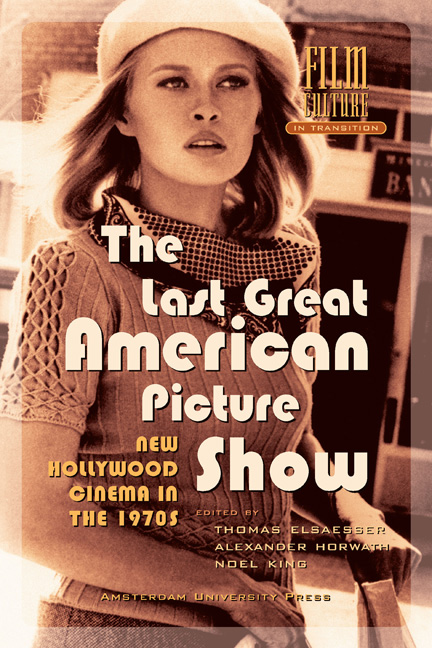Dinosaurs in the Age of the Cinemobile
Published online by Cambridge University Press: 25 January 2021
Summary
When Billy Wilder's THE PRIVATE LIFE OF SHERLOCK HOLMES opened at Christmastime 1970, no one would give it the time of day-literally. In my city, though a cosy relationship with United Artists forced the local theatre circuit to book the film into one of the few remaining downtown movie palaces, they had no expectation that it would attract an audience. If you called the theatre, asked “When's the next show?” and acted accordingly, you would arrive to find yourself in mid-film. Telephone lines had been juggled so that the staff could handle incoming calls for the sister theatre across the street, where Love Story was doing land-office business. It never occurred to them that anyone might be interested in “the show” on their own screen, so they automatically gave out the LOVE STORY schedule.
This was an extraordinary case, even if we set aside the outré management practice (I have never heard of a comparable instance of procedural hara-kiri) and the eventual recognition of THE PRIVATE LIFE OF SHERLOCK HOLMES as at the very least an enchanting entertainment, and at best one of the summum masterworks of the cinema. (On that first weekend – the only one the film would have – I watched the evening show with seven other people in the auditorium.) Yet the film's complete failure in 1970 was, in several respects, definitive of that moment in film history.
For one thing, HOLMES was just the sort of sumptuously appointed, nostalgically couched superproduction that once would have seemed tailor-made to rule the holiday season. Only two Christmases before, Carol Reed's OLIVER! had scored a substantial hit, and gone on to win Academy Awards for itself and its director (a ‘fallen idol’ two decades past his prime). Yet in 1969-70, the mid-Sixties vogue for three- and four-hour roadshows – reserved-seat special attractions with souvenir programmes and intermissions – abruptly bottomed out. Indeed, after witnessing such box-office debacles (and lousy movies) as STAR and PAINT YOUR WAGON, United Artists demanded that Wilder shorten his film by nearly an hour before they would release it at all.
But for the buying public, length wasn't the issue.
- Type
- Chapter
- Information
- The Last Great American Picture ShowNew Hollywood Cinema in the 1970s, pp. 155 - 164Publisher: Amsterdam University PressPrint publication year: 2004



